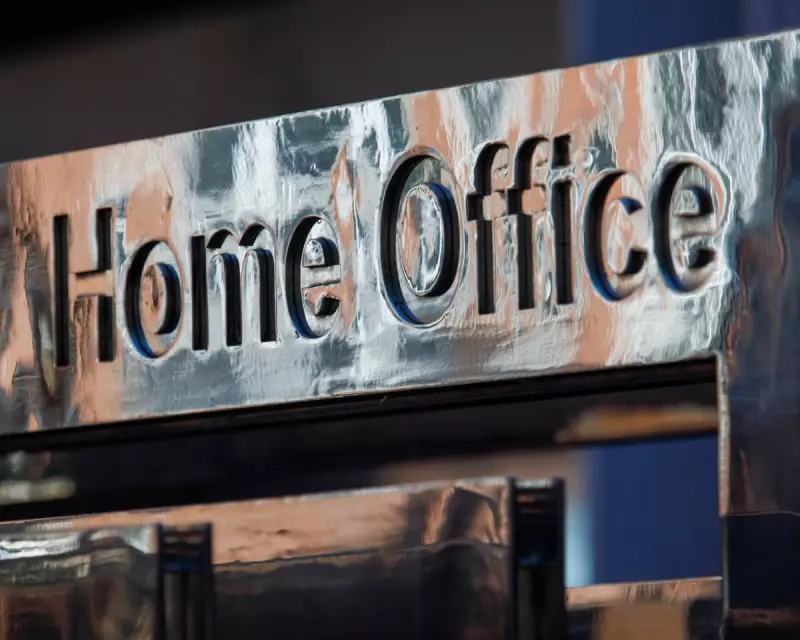
In a significant legal development that strikes at the heart of the government's immigration policy, the High Court has issued an emergency injunction preventing the eviction of a Sudanese refugee from Home Office accommodation.
Policy Under Scrutiny
The case centres on the controversial 28-day "move-on period" policy, which requires newly recognised refugees to leave government-provided housing within four weeks of receiving their immigration status. Campaigners have long argued this timeframe is dangerously insufficient for individuals to secure alternative housing and establish themselves in the community.
The Human Cost
The claimant, a Sudanese national who cannot be named for legal reasons, was facing imminent homelessness despite having been granted refugee status just weeks earlier. His legal team successfully argued that evicting him would violate his human rights and expose him to destitution.
"This ruling exposes the fundamental flaws in a system that pushes vulnerable people toward homelessness the moment they receive protection," stated a representative from the refugee's legal team.
Broader Implications
Legal experts suggest this case could have far-reaching consequences for how the Home Office implements its move-on policy across the board. The court's intervention indicates serious concerns about the policy's compliance with human rights obligations and its practical implementation.
What Happens Next?
- The injunction provides temporary relief while a full judicial review of the case is prepared
- The Home Office must demonstrate how its policy prevents newly recognised refugees from becoming homeless
- Charities and advocacy groups are watching closely, as the outcome could affect thousands of refugees in similar situations
This legal challenge comes amid growing pressure on the government to reform its approach to refugee integration and support. With homelessness among refugees becoming increasingly common, this case represents a critical test of the government's obligations to those it has granted protection.
The Home Office now faces the task of either defending its controversial policy in court or reconsidering its approach to supporting refugees during their crucial first weeks of recognised status in the UK.





